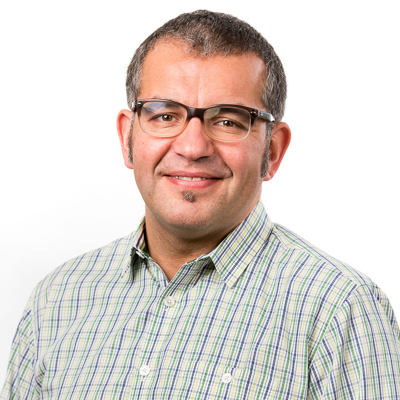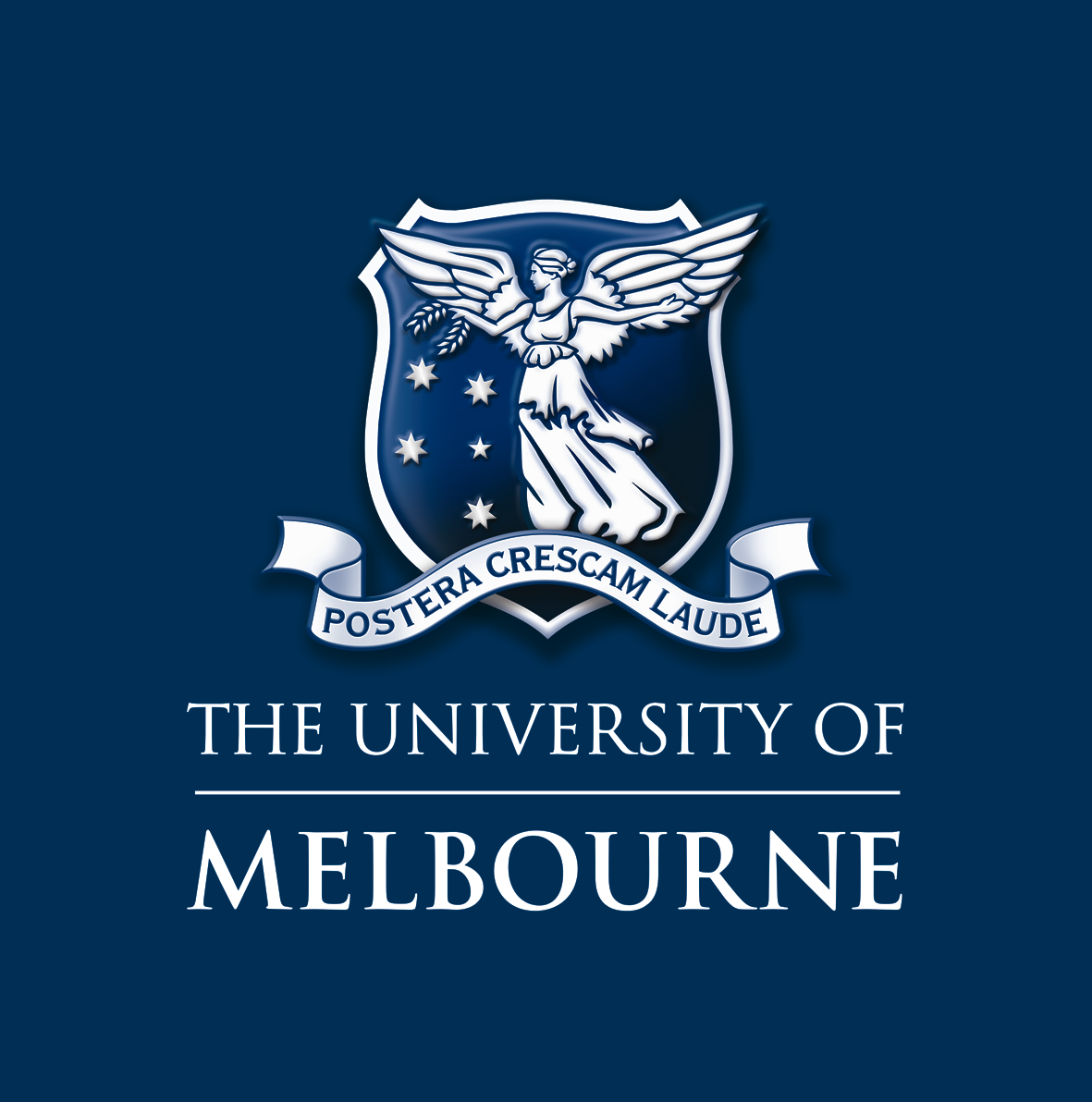Project: Understanding how the microbiome promotes cancer immunotherapy
Bedoui Group
Immunotherapies targeting T cells have revolutionized the treatment of cancers, such as melanoma. However, not all patients respond to this treatment. Intriguing new insights indicate that the microbes that normally colonise our body surfaces (microbiome) play a critical role in whether a patient responds or not. However, precisely how these microorganisms promote the capacity of T cells to control tumours remains elusive. Building on extensive preliminary data available in the lab indicating that microbiome-derived metabolites act directly on T cells , this project investigates the underlying molecular mechanisms that enable these metabolites to promote T cell-dependent control of cancer. The project involves a multitude of cutting-edge approaches, including various types of RNA/DNA sequencing, flow cytometry, in vivo work with mice and the use of clinical samples.
Contact project supervisor for further
information and application enquiries
Bedoui Group
2 vacancies


The Bedoui group uses models of viral and bacterial infections to study how the innate and the adaptive immune systems interact. Key foci are to understand how innate cells sense pathogens and how this information is integrated into T cell responses that control infections and cancer.



